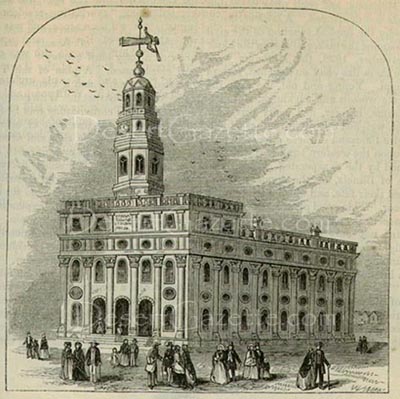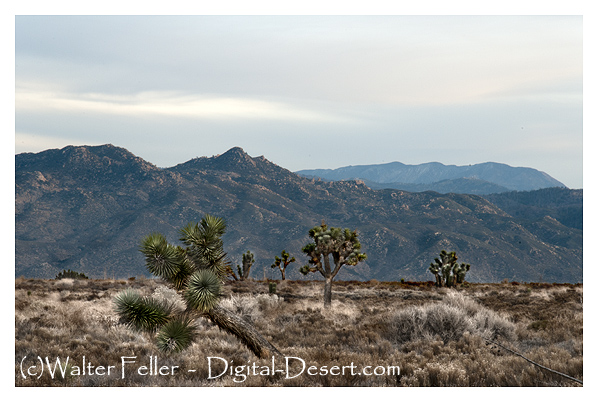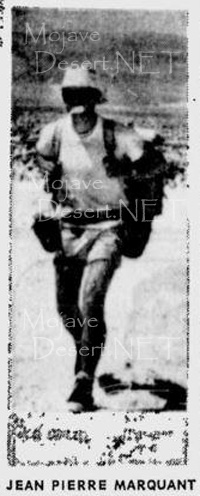continued from – Part I
Accordingly, I left home and went to reside in the family of elder Alexander Stanley, who was an old acquaintance and neighbor. He was like a father to me and there I lived until I gathered with the Saints in Missouri.
A few nights before we started for Missouri, I went to my father’s house and I talked with all of them. My father and mother cried and begged me not to go, even until late into the night; when they found pleading was of no avail, they tried hiring me to stay, and when that also failed, father said he would follow me and have me arrested and brought back by a process of the law. We all then retired and in the morning early father went away for he could not say goodbye.
As I was leaving the house, I turned back at the door and bore a papal testimony to the truth of the gospel; and that was the last time I ever saw any of my father’s family (except Sylvenus who passed through Utah on his way to Montana in 18__).
I was strongly impressed that my going was not only for my own salvation before that of the family also; yet at that time I little realized in just what manner this might occur, and in fact never did thoroughly understand, until the work for the dead was revealed. It was a source of great satisfaction to me to know that I stood in a position to do a work for them which would give them the privilege of accepting in the Spirit world, the gospel which was neglected in this. In April, before starting to Psion, I, with Brother Stanley’s family, went to a Blessing meeting held at the house of brother Sears, in Randolph, Ohio, a few miles from where we then lived, and received a Patriarchal Blessing under the hands of Joseph Smith Sen. (the first one who held the office of Priesthood and Patriarch in this dispensation.)
My blessing has been a great comfort to me in the trials which I have had to pass through and it also assisted to give me the necessary faith, courage and fortitude to make this sacrifice of leaving home and friends and to start out alone in the world to fight the battle of life among strangers. I went forth trusting in the Lord, in full faith that he would give me grace sufficient to overcome all obstacles and difficulties which might be thrown in my way, and that I might endure to the end.
In September following we left our homes and commenced our wearisome journey – with Alexander Stanley as leader. His family, his father and family, three of his brothers in law – Sam Kent, Brother Sears and Brother Ellsworth – and their families and myself; all in one wagon.
We started early in the morning and were fearful that father would stop us, for we had to pass his house, but as we neared home we saw the hand of the Lord in causing a dense fog to envelope the house until after we had passed; we could not see even the signboard at the street door.
We traveled on unmolested until noon — when they stopped to rest the horses. I, being fearful of fathers overtaking us, walked on with Sister Kent, but in her haste and anxiety we got on the wrong road; after walking some distance, we inquired and found the right one — but now our minds were more anxious than ever, being afraid we would miss our friends altogether as from fresh tracks in the road we knew that they were ahead of us. We walked as fast as we could but my strength was failing and finally the worry and exertion proved too much for me, and I laid down by the roadside completely exhausted and frightened lest father would still overtake us. Sister Kent sat by me, encouraging me and comforting me and together we pray that someone might return for us, for we dreaded passing the night by ourselves.
While we were resting the company had gone on to New Portage and unloading goods to go by water; then not finding us there, they brought back the wagon to meet us. With renewed faith because our prayers were answered we got into the wagon and went on to New Portage where we made our camp and I slept out of doors for the first time in my life.
— continued —
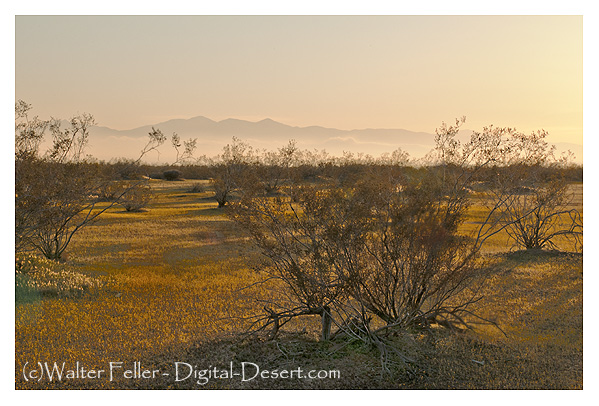
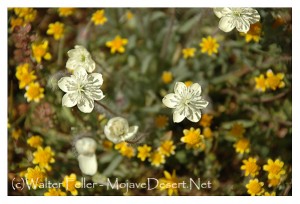
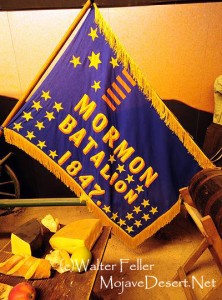
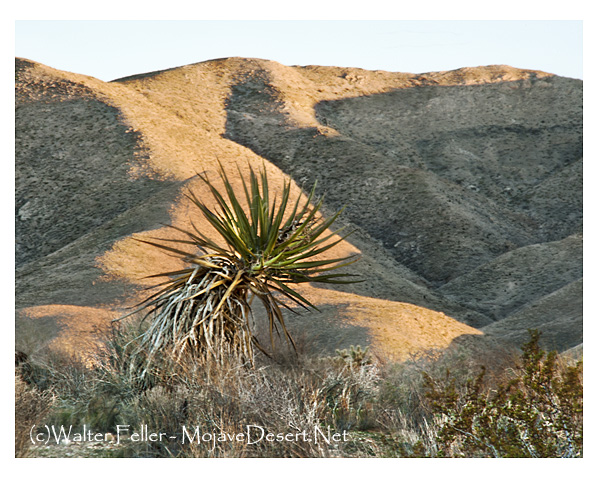
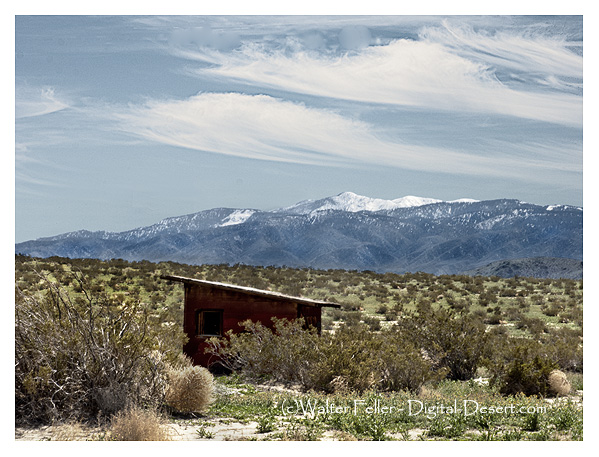 a chair and a table with a dog-eared pad of paper and a stubbed pencil lying on it. The air is so clean it is tiring; at least so it seems. Sitting there in the quiet there is no way to gauge the time. There is sunrise, noon, and sunset. There is night too. and unless there is a moon, it is the blackest night with countless upon countless stars. If there is a sound it is only the wind humming through the creosote. This is the place to contemplate infinity, and eternity, and the wind humming through the creosote…
a chair and a table with a dog-eared pad of paper and a stubbed pencil lying on it. The air is so clean it is tiring; at least so it seems. Sitting there in the quiet there is no way to gauge the time. There is sunrise, noon, and sunset. There is night too. and unless there is a moon, it is the blackest night with countless upon countless stars. If there is a sound it is only the wind humming through the creosote. This is the place to contemplate infinity, and eternity, and the wind humming through the creosote…